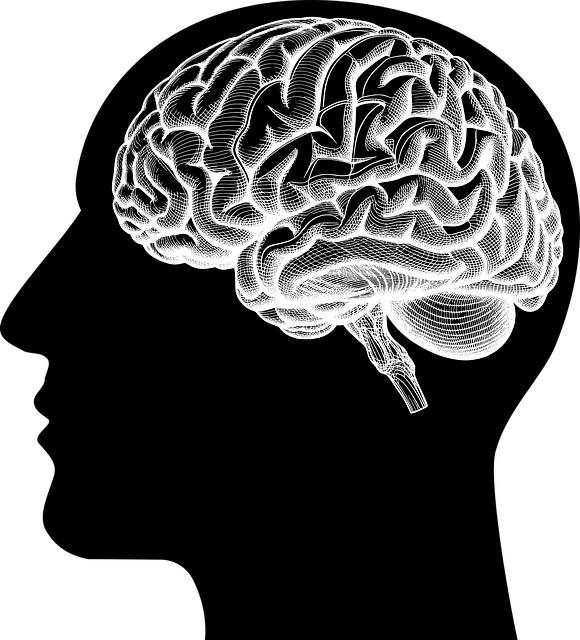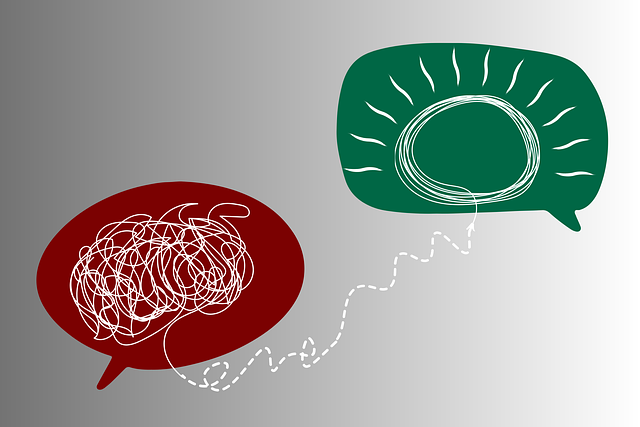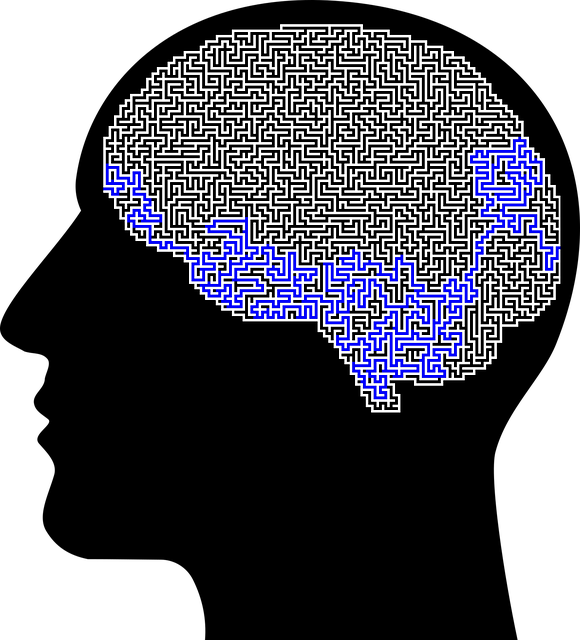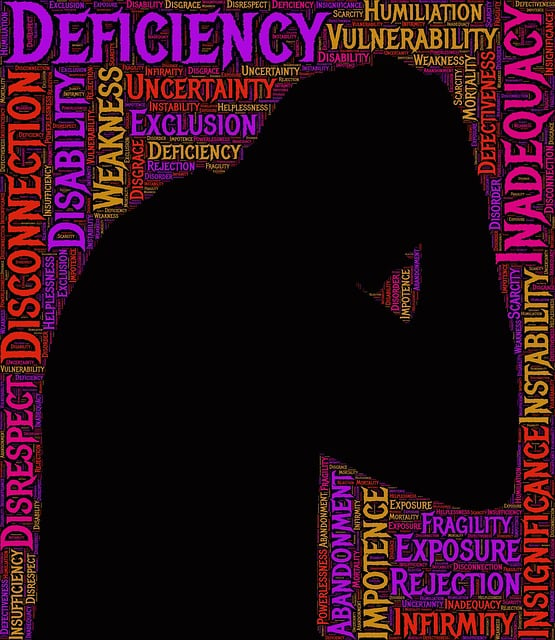Stress management workshops are vital for individuals with Aurora Oppositional Defiance Disorder (AODD), a condition characterized by defiant behavior and emotional challenges. These workshops focus on cognitive reframing, mindfulness, and self-awareness to reduce stigma and improve emotional regulation. Interactive elements, such as role-playing and art therapy, engage participants in learning healthy coping mechanisms. The success of these programs is measured by long-term improvements in mental health, stress management skills, and established self-care routines, ensuring individuals with AODD lead happier, more balanced lives through specialized therapy.
Stress management workshops are powerful tools in promoting mental well-being, especially for individuals dealing with conditions like Aurora Oppositional Defiance Disorder (AODD). This article delves into the comprehensive guide on organizing such workshops. We explore the profound impact of stress on mental health and delve into specific strategies to identify AODD symptoms. By designing engaging content, employing effective facilitation techniques, and providing ongoing support, these workshops become transformative experiences. Discover key methods to manage stress and enhance the lives of those with AODD through structured therapy sessions.
- Understanding Stress and Its Impact on Mental Health
- Identifying Aurora Oppositional Defiance Disorder (AODD) Symptoms
- Designing Effective Workshop Content for Stress Management
- Facilitation Techniques to Engage Participants with AODD
- Measuring Success and Providing Ongoing Support for Long-term Wellbeing
Understanding Stress and Its Impact on Mental Health

Stress is a universal experience, but its impact on mental health can vary greatly. It’s crucial to understand that chronic stress, left unaddressed, can lead to or exacerbate conditions such as Aurora Oppositional Defiance Disorder (AODD) and other mental illnesses. The constant state of heightened alertness and tension can affect cognitive functions, emotional regulation, and overall well-being. In today’s fast-paced world, where hustle and bustle dominate, folks often overlook the signs of stress, leading to a silent crisis that requires immediate attention.
Workshops focused on stress management aim to equip individuals with coping skills development strategies tailored to their unique needs. By fostering mental wellness and reducing the stigma associated with mental illness, these sessions can create a supportive environment for open conversations about stress. Participants learn to identify triggers, practice mindfulness techniques, and adopt healthier coping mechanisms, ultimately empowering them to navigate life’s challenges more effectively.
Identifying Aurora Oppositional Defiance Disorder (AODD) Symptoms

Recognizing Aurora Oppositional Defiance Disorder (AODD) is crucial for effective management and therapy. Key symptoms include frequent arguments with authority figures, active defiance or argumentativeness, and a persistent defiant mood. Individuals with AODD may exhibit impulsive behavior, often acting without considering the consequences. They can be easily agitated or prone to anger, showing little regard for others’ feelings or wishes. These symptoms can significantly impact daily life, affecting relationships and academic or work performance.
Emotional regulation is a critical aspect of AODD therapy. Mental illness stigma reduction efforts play a vital role in encouraging individuals to seek help. Communication strategies are essential tools; teaching assertiveness and enhancing problem-solving skills can be transformative. Through these approaches, those affected can learn to manage their emotions, improve interactions with others, and develop healthier coping mechanisms.
Designing Effective Workshop Content for Stress Management

Designing effective content for stress management workshops is key to ensuring participants gain valuable tools for coping with daily pressures. Incorporating interactive and engaging activities is essential, fostering a safe space for exploration and practice. This might include guided meditations tailored to specific stressors like Aurora Oppositional Defiance Disorder (AODD), cognitive reframing exercises to challenge negative thought patterns, and self-awareness practices to identify triggers and cultivate inner strength.
Workshop facilitators should balance theoretical knowledge with practical applications, offering a mix of lectures, group discussions, and hands-on activities. Incorporating topics like mindfulness, relaxation techniques, and stress-reduction strategies allows participants to learn and experience diverse methods for managing stress effectively. By tailoring content to meet the unique needs of individuals, workshops can empower attendees to cultivate resilience and enhance their overall well-being.
Facilitation Techniques to Engage Participants with AODD

Engaging participants with Aurora Oppositional Defiance Disorder (AODD) requires tailored facilitation techniques to ensure a productive and therapeutic environment in stress management workshops. These sessions should be interactive, incorporating various methods to capture attention and encourage active participation. One effective approach is utilizing role-playing exercises that mimic real-life scenarios, allowing individuals with AODD to practice healthy coping mechanisms while receiving immediate feedback from peers and facilitators. This not only enhances anxiety relief but also fosters a sense of control over challenging situations.
Additionally, incorporating creative activities like art therapy or music can be transformative for individuals dealing with AODD. These methods provide an outlet for expression and help participants access their inner strength. Facilitators should also emphasize the importance of open communication strategies, ensuring everyone feels heard and respected. By combining interactive elements, creative outlets, and supportive discussions, stress management workshops can become powerful tools in promoting positive behavioral changes and developing resilient coping skills.
Measuring Success and Providing Ongoing Support for Long-term Wellbeing

Measuring success is a critical aspect of any workshop program, especially when addressing complex issues like Aurora Oppositional Defiance Disorder (AODD). While immediate results are encouraging, the true indicator of a successful stress management workshop lies in its impact on long-term mental health and wellbeing. This includes tracking improvements in mood management skills, enhanced stress coping mechanisms, and the development of consistent self-care routines. By providing ongoing support and fostering an environment that encourages open communication, participants can maintain momentum and continue to build upon their newfound strategies. Regular check-ins, follow-up sessions, and access to specialized therapy like AODD therapy, ensure that individuals stay on track and receive the necessary assistance for sustained mental health improvement.
Incorporating these measures not only aids in gauging the effectiveness of the workshops but also underlines a commitment to holistic wellbeing. It empowers participants with tools to manage stress effectively, fostering resilience against future challenges. This long-term approach is crucial in promoting self-care routine development for better mental health, ultimately leading to happier and more balanced lives.
Stress management workshops, tailored to address Aurora Oppositional Defiance Disorder (AODD), offer valuable tools for participants to navigate and overcome mental health challenges. By combining education on stress recognition with engaging facilitation techniques, these sessions empower individuals to cultivate resilience. Through measured success evaluations and ongoing support, workshop attendees can sustain improved wellbeing over time, ultimately enhancing their ability to manage AODD symptoms effectively.














